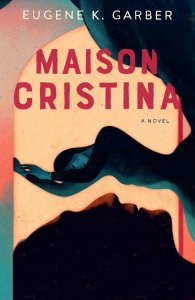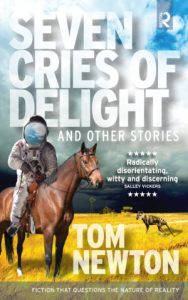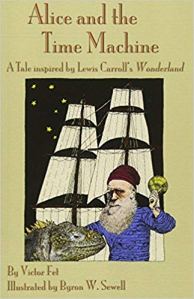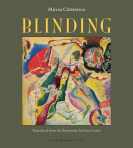
Believe the Blurbers
Dead Souls (A Novel by Sam Riviere, NY: Catapult, 2021, 289 pp.) is a rare example of a book containing believable blurbs. This wild gallimaufry of a novel, which runs a monologue through almost three hundred pages of text, without pauses for paragraphs or new chapters, is a tour de force of literary mania. Reviewers have pointed to possible influences: Roberto Bolaño, Georges Perec, Thomas Bernhard, Italo Calvino. One blurber, Nicolette Polek, describes the novel as “a rare and brilliant pleasure, a coiling, searing fugue of a book that takes our deranged culture and pulls forth from it a box of stars.” She’s right. Or, to put it in the fully neutered style in which the book is written, they are right.
There are chapters of sorts, but you have to figure them out yourself. In the front matter the author provides a kind of contents page—not labeled as such—listing names of characters as names of chapters, along with the pages where they start. Begin with an introductory chapter (not listed in these “contents”), then go, first, to “Zariyah Zhadan,” p. 32: this is, presumably, Chapter One. Proceed from there, filling in the chapter numbers beside the given name and page number. Chapter Six comprises two named characters. We end up with “The Scholastici,” p. 253, which is the last of twelve chapters. Continue reading








